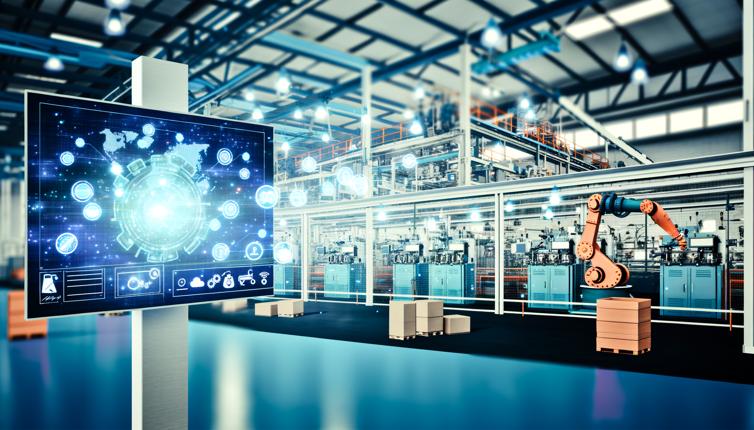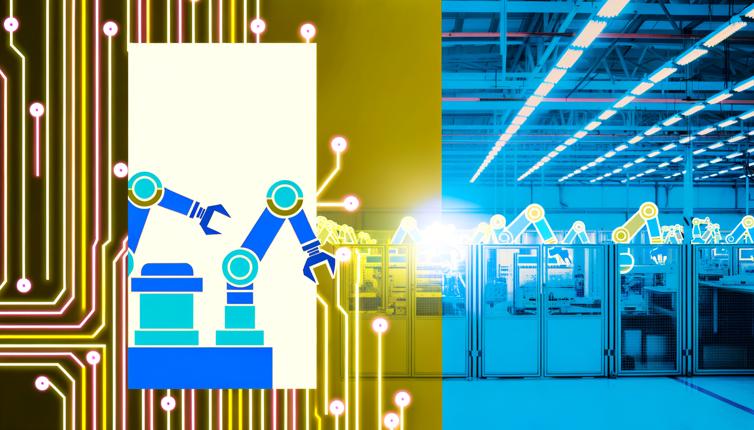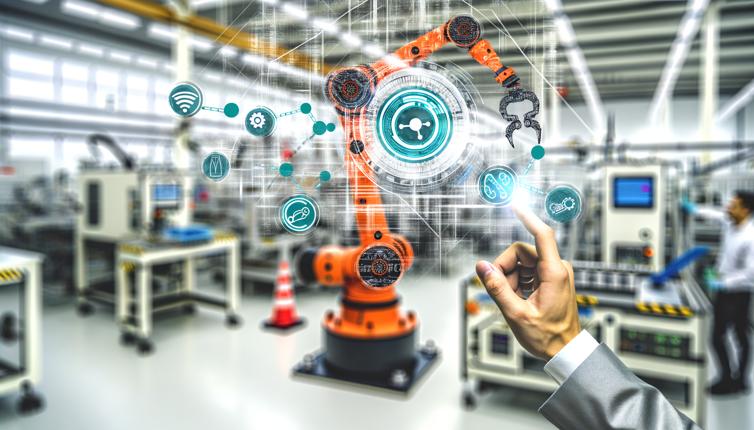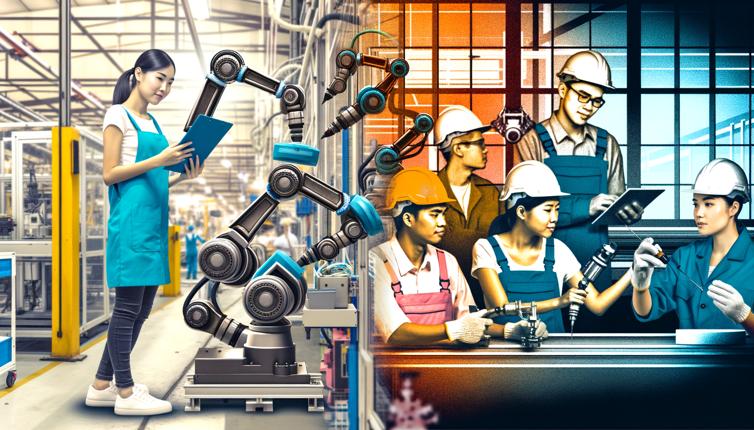Automation and Robotics
Automation and robotics have revolutionized industrial manufacturing by automating repetitive tasks and reducing human error. Robots can perform tasks with precision and speed, leading to increased productivity and cost savings. With advancements in robotics technology, robots can now handle complex tasks that were once reserved for humans.,Industrial robots are used in various applications such as assembly, welding, painting, and material handling. They can work 24/7 without getting tired or making mistakes. Automation systems, combined with robotics, can help manufacturers streamline their production processes and achieve higher levels of efficiency and quality.
Big Data Analytics
Big data analytics is another technological advancement that is transforming industrial manufacturing. By collecting and analyzing vast amounts of data from sensors, machines, and processes, manufacturers can gain valuable insights into their operations. This data can be used to optimize production processes, improve product quality, and predict maintenance needs.,With the help of advanced analytics tools and algorithms, manufacturers can identify patterns, trends, and anomalies in their data. This information can be used to make data-driven decisions and drive continuous improvement. Big data analytics also enables predictive maintenance, which can reduce downtime and increase the lifespan of machinery.
Artificial Intelligence
Artificial Intelligence (AI) is revolutionizing industrial manufacturing by enabling machines to learn and make intelligent decisions. AI algorithms can analyze data, identify patterns, and make predictions. This technology is being used in various applications such as predictive maintenance, quality control, demand forecasting, and supply chain optimization.,AI-powered systems can detect defects in real-time, automate quality control processes, and optimize production schedules. They can also help manufacturers respond to market changes faster and make more accurate forecasts. With AI, manufacturers can achieve higher levels of efficiency, productivity, and profitability.
Conclusion
As industrial manufacturing becomes more technologically advanced, businesses need to adapt and embrace these changes to stay competitive. Automation, big data analytics, and artificial intelligence are just a few examples of the technological advancements that are transforming the sector. By leveraging these technologies, manufacturers can improve efficiency, reduce costs, and deliver higher-quality products. It's crucial for businesses to stay informed about the latest technological advancements and invest in the right tools and resources to navigate the rapidly evolving industrial landscape.









